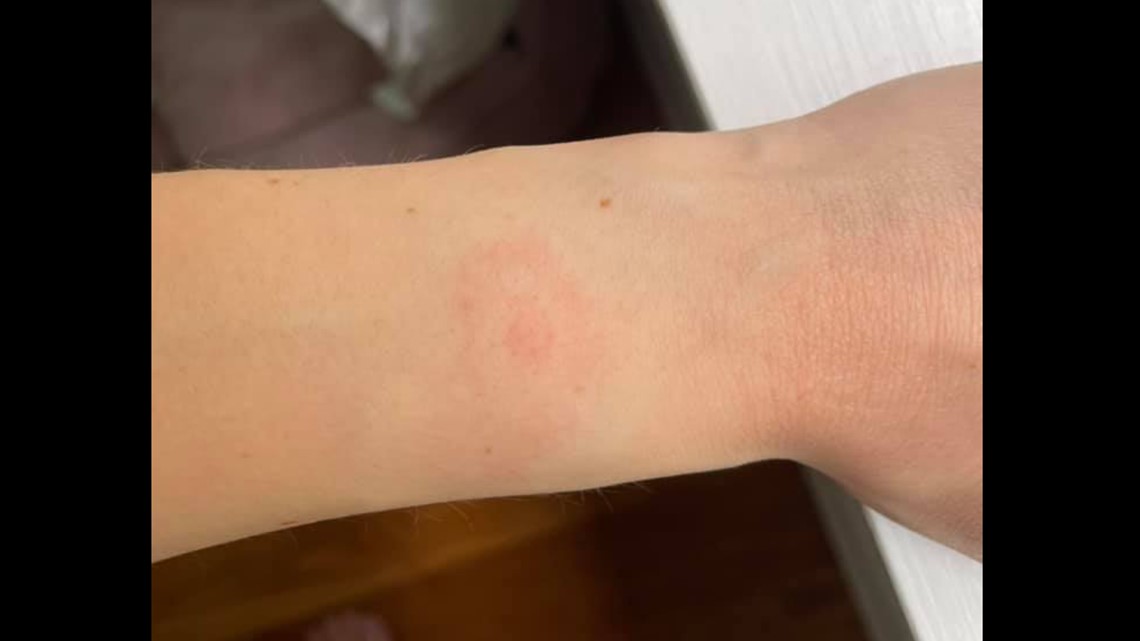GRAND RAPIDS, Mich. — Nothing can ruin a bonfire, hike or picnic more than returning inside and finding ticks.
While gross, they can also carry disease, like Lyme disease in Michigan. According to the Michigan Department of Health and Human Services (MDHHS), Lyme disease is a known risk in nearly all West Michigan Counties.
"Ticks are definitely out this year," said Emily Dinh, a medical entomologist with MDHHS. "They're active when the weather is about 40 degrees outside and up. And it's always something definitely to be aware of."
While many people may feel there is an abundance of ticks this year versus previous years, Dinh said it's tricky to quantify the populations. She believes it is more about limiting exposure to ticks as much as possible, rather than the number of ticks outside.
"I would say very concerned," said Dinh. "Not all ticks are infected, and it's not like every tick-borne disease is fatal or very serious. But definitely be on a pretty vigilant lookout."


Merissa Baez of Grand Rapids shared a photo with 13 ON YOUR SIDE of a bullseye rash she received indicating a tick bite after spending time outdoors this past weekend.
Dinh said that is one of the indicating factors of a tick bite. Others include various shaped rashes, fever and fatigue. You can learn more about tick bites on the MDHHS website by visiting here.
The best thing to do after returning inside from outdoors is to check your entire body for ticks. Check your pets, too. Ticks like to hide in shelter places, like behind ears, in armpits and in the groin area.
"If you feel something that's like a scab feeling," said Dinh, "you want to look closer and make sure. Is that a scab? Or is that a tick?"
Dinh also recommends wearing long sleeve shirts and pants. Also, she said taping the top of socks over pants can help prevent ticks burrowing into your ankles.
To remove a tick if one is found, grab a pair of fine tip tweezers. Grab as close to the head of the tick as you can, and pull straight up firmly. Dinh says to avoid twisting the insect inside the skin.
Also, Dinh suggests using EPA-approved repellants for clothing. Fast-acting sprays, like OFF typically used for mosquitoes, will work well.
Look for signs of disease up to 30 days after being bitten by a tick. If any occur, seek medical attention.
RELATED VIDEO: Dogs can still get ticks in the winter. Here's how to prepare for flea and tick season
►Make it easy to keep up to date with more stories like this. Download the 13 ON YOUR SIDE app now.
Have a news tip? Email news@13onyourside.com, visit our Facebook page or Twitter. Subscribe to our YouTube channel.


